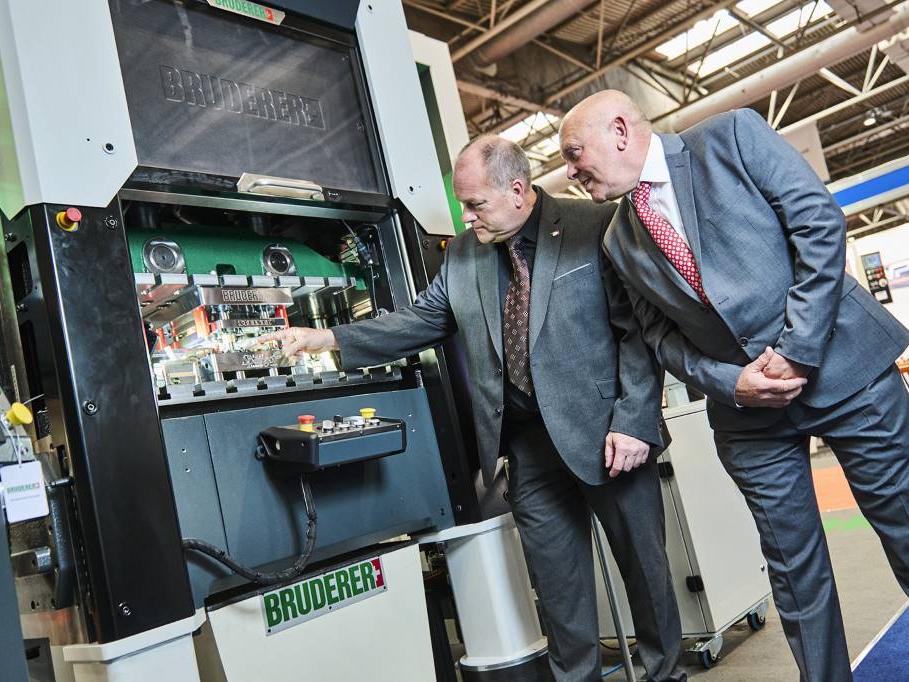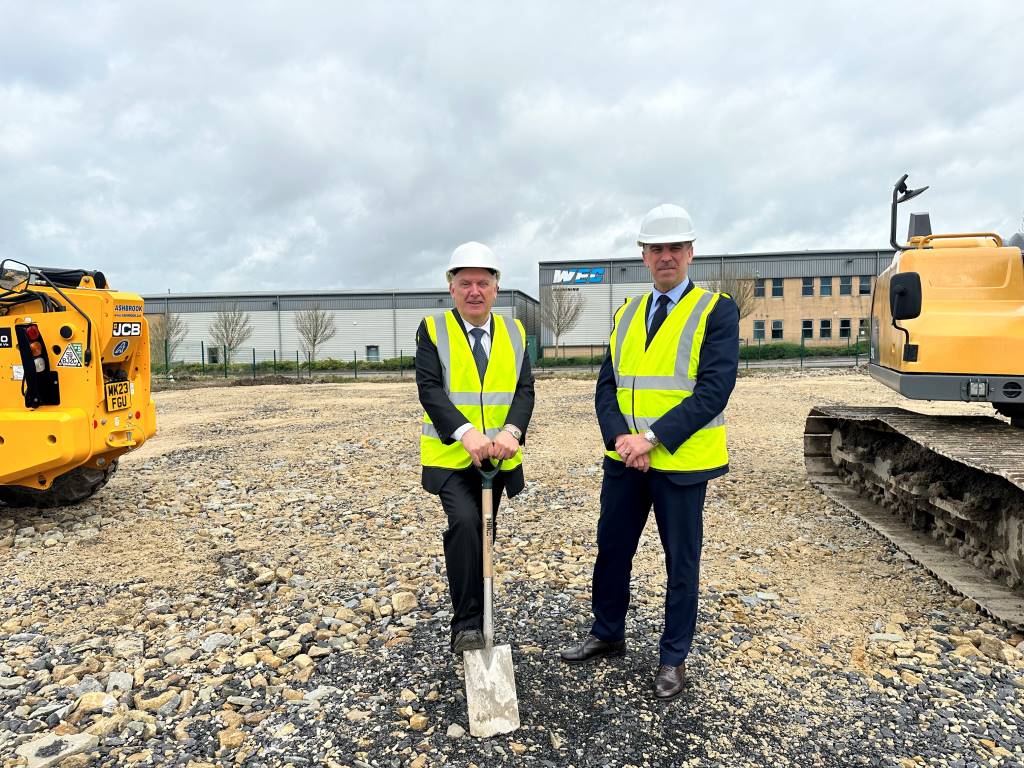Copper alloy kills coronavirus in minutes, university study shows

A copper-based alloy demonstrates its ability to reduce the transmission of coronavirus on surfaces manufactured with this metal.
The results come from a team of scientists at the University of Southampton.
Working with Sylatech, an engineering business in North Yorkshire, Bill Keevil, Sandra Wilks and the team undertook trials using Sylatech’s copper-based alloy, MB1, which is known to have excellent antibacterial and anti-viral properties.
The study, undertaken in strict laboratory conditions, simulated the virus landing on a surface, such as it would from a cough or sneeze, and looked at how long it survived. It compared the viability of the coronavirus on stainless steel against Sylatech’s copper-based alloy.
The results showed that on the copper alloy, the virus viability was completely eliminated within 10 minutes. There was a 93.9% reduction in the virus within 5 minutes and yet on stainless steel, the virus remained fully infectious, with no reduction after one hour. Previous research has also shown the virus to live on stainless steel and plastic surfaces for up to 72 hours. and a recent article in The Lancet suggested that it can even survive for 7 days.
Comparison of virus survival rates on common materials
|
Material |
Lifespan of Coronavirus |
Source |
| MB1 copper alloy
|
< 10 minutes | University of Southampton |
| Stainless Steel
|
7 days | The Lancet |
| Surgical mask (outer layer) | 7 days | The Lancet |
| Plastic
|
7 days | The Lancet |
| Glass / banknote | 4 days | The Lancet |

Commenting on the results, professor Keevil said: “With the coronavirus having such a significant impact on all of our lives and with the looming risk of further spikes, it is clear that fundamental changes are required in our approach to hygiene. The antimicrobial properties of Sylatech’s copper alloy are clear in their rapid rate of virus elimination and action should be taken to capitalise on this."
Items such as door handles, light switches, toilet levers, taps and other regularly touched surfaces all carry significant risk in spreading bacteria and viruses. Hospitals, shops, offices, airports and other locations with high human traffic, need to seriously rethink their environment and take urgent action to address the hygiene risk.
Having recently launched the KeepSafe, a personal handheld device made from its MB1 alloy, Sylatech is now progressing a number of other potential applications to further exploit the results from the study.
Charlie Breese, Sylatech’s managing director, commented: “Clearly we are delighted that our copper alloy demonstrates such a strong ability to combat the coronavirus. The KeepSafe, our simple device which enables users to avoid touching handles, buttons or grabbing items unnecessarily, is a specific innovation to exploit the benefits of the material. Our design engineers stand ready, together with our specialist investment casting and CNC machining capability, to support businesses looking to create products using our MB1 copper-alloy to provide permanent changes against the virus."
Sylatech KeepSafe www.thekeepsafe.co.uk














